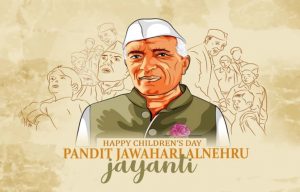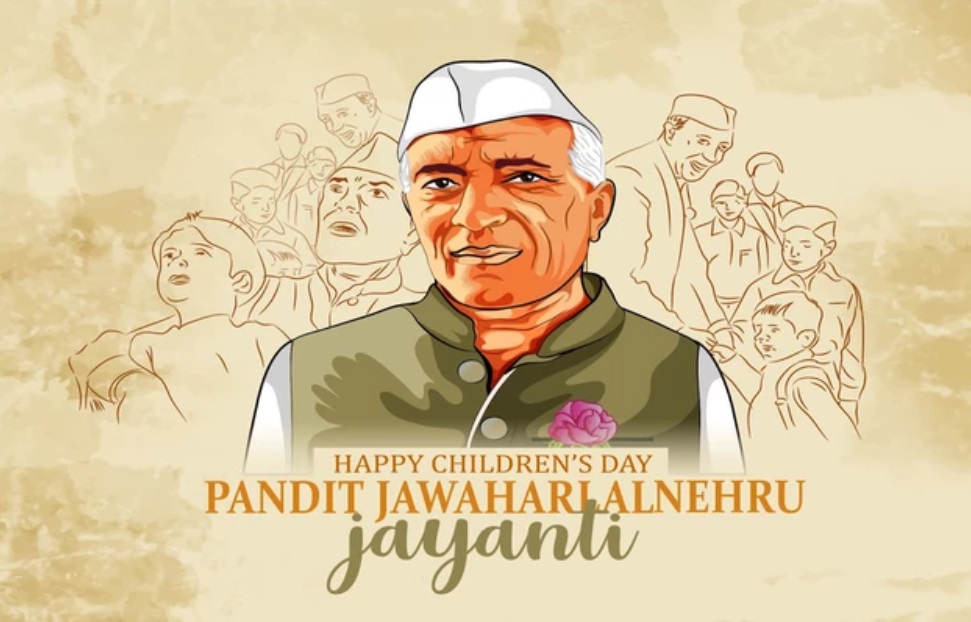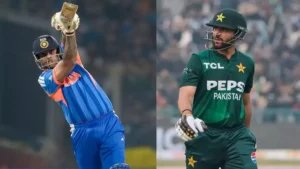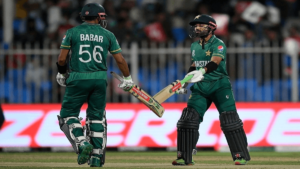
Happy Children’s Day 2022:
India celebrates Happy Children’s Day on November 14 to commemorate the birth anniversary of the first Prime Minister of India Pandit Jawaharlal Nehru. This year marks the 133rd birth anniversary of Pandit Nehru who was born in 1889 in Allahabad, India. Nehru was a great advocate for children’s right and for an all-inclusive education system where knowledge is accessible to all. He believed that children are the future of the country and the foundation of a society, and hence, everyone’s well-bring should be taken care of. Nehru was often called by the name “Chacha Nehru”. Children’s Day is also known as ‘Bal Diwas’ in India.
Buy Prime Test Series for all Banking, SSC, Insurance & other exams
Happy Children’s Day: Significance
Adorably referred to as Chacha Nehru, Jawaharlal Nehru believed that children are the future of the country and the foundation of a society. Apart from Nehru’s birth anniversary, Children’s Day is also celebrated to raise awareness on children education, rights and to see that proper care is accessible to all.
In many schools, children are asked to ditch school uniforms and wear party clothes. It’s a joyous occasion for all children, parents and teachers. The schools, educational institutions will celebrate the day with several educational and motivational programmes, including sports events and quiz competitions.
Happy Children’s Day: History
Earlier, Children’s Day was celebrated in India on November 20, the day World Children’s Day is celebrated by the United Nations. However, after the death of Jawaharlal Nehru, a resolution was passed in the Indian Parliament to mark his birthday as Children’s Day. Jawaharlal Nehru died in the year of 1964 and since then, to commemorate his birth anniversary, Children’s Day is celebrated on November 14. He was a great advocate for children’s right and for an all-inclusive education system where knowledge is accessible to all.
About the Pandit Jawaharlal Nehru:
Pandit Jawaharlal Nehru was born to a family of Kashmiri Brahmans on November 14, 1889. His family, who were noted for their administrative aptitude and scholarship, had migrated to Delhi early in the 18th century. He was a son of Motilal Nehru, a renowned lawyer and leader of the Indian independence movement, who became one of Mahatma Gandi’s prominent associates. Jawaharlal was the eldest of four children, two of whom were girls. A sister, Vijaya Lakshmi Pandit, later became the first woman president of the United Nations General Assembly.
Nehru, under the guidance of Gandhi, turned out to be a leader of India’s struggle for independence in 1947. He laid the foundation of independent India as sovereign, socialist, secular, and a democratic republic. For this, Nehru is credited as the architect of modern India.




 India Beat Pakistan in T20 World Cup 202...
India Beat Pakistan in T20 World Cup 202...
 Weekly One Liners 09th to 15th of Februa...
Weekly One Liners 09th to 15th of Februa...
 Highest Partnerships in India–Pakistan T...
Highest Partnerships in India–Pakistan T...








